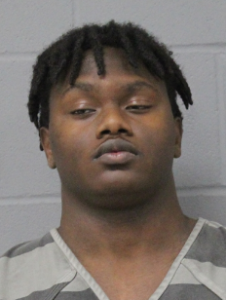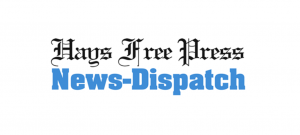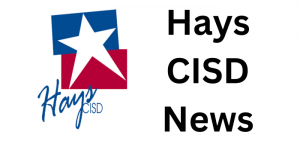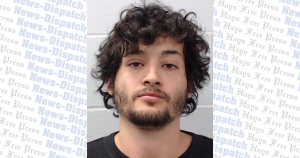By Moses Leos III
As a commuter who travels to Austin for work on a daily basis, Kyle resident Rafael Marquez quickly saw the upside of working for ride sharing companies Uber and Lyft.
But after Uber and Lyft left Austin after the failure of Proposition 1, Marquez and many others began to seek alternative clientele outside of the city.
Hays County, specifically Buda, Kyle and San Marcos, were places Marquez believes ride sharing services could thrive next.
“I think it’s a good service, especially in Kyle, which doesn’t have public transportation,” Marquez said. “Having a ride sharing service in town is a net plus for the community.”
The topic of ride sharing companies in northern Hays County was presented during public comment at the May 17 Kyle City Council meeting.
Lisa Ayala, a Kyle resident and a representative for Lyft, said the company is “great for Kyle, but serves all of Hays County.”
She said drivers help citizens get where they need to go and that Lyft was “safe and reliable.” She said drivers go through national background checks and the company has live GPS tracking for its drivers.
“We’re not here to do away with local taxing, but give commuters where they need to go and within budget,” Ayala said.
Buda Mayor Todd Ruge said the premise of ride sharing companies “are an added service to the community” and are a “very good thing.”
Ruge said adding ride sharing companies is “another piece to the transportation puzzle” Buda is trying to solve. Ruge said one issue is the lack of transportation options in the city.
The Buda city council hasn’t discussed any form of regulation, but Ruge said the city has reached out to San Marcos Mayor Daniel Guerrero, who has overseen ride sharing regulations in that city.
Ruge said he has not heard of or seen any safety related issues reported out of Austin. He believes the ride sharing companies could give residents a chance to work. It could also increase traffic between Buda and San Marcos.
“That could be advantageous. To keep those dollars as a whole in the county,” Ruge said.
He went on to add ride sharing services could further cut down on DUIs and DWIs.”
According to Marquez, the bulk of people he serviced were those looking to reach the airport, or trying to get from work and dinner without the hassle of parking.
While it varied by the time of day, he said people were “always needing to get somewhere.”
But he had some concern on the range of services, as the Uber and Lyft apps do not operate in Austin.
“My concern is about the limited service radius of it,” Marquez said. “If someone needs to come to Austin, I can bring them, but I can’t pick them up. They have to find an alternative way home.”
But Marquez wasn’t concerned about safety regarding ride sharing services, primarily when it comes to fingerprint background checks.
“If it was really an issue of citizen safety, then everyone that delivers food to your house would have to have a fingerprint background check. That includes plumbers and electricians,” Marquez said. “It’s not about public safety.”
However, according to the Texas Department of Licensing and Regulation, any individual applying for a license in the state of Texas is subject to a criminal background check.
The issue regarding Uber and Lyft in Austin arose due to the companies’ refusal to do fingerprint background checks on their drivers. Taxi, shuttle and limousine drivers are required to have national background checks, but Uber and Lyft driver background checks were done by the company and did not require fingerprint checks.
Some incidents have led to criminal accusations against rideshare drivers with significant felony backgrounds, who may be employed if approved by the companies.
A basic background check is approximately $10 to $12/person. A livescan fingerprint check costs $50.
Who drives for rideshares?
14% are women (compared to 1% of NYC taxi drivers)
25% are over age 50
71% have dependents living at home
19% are under age 30









